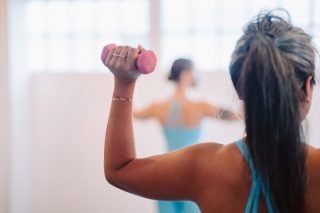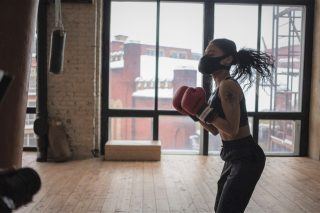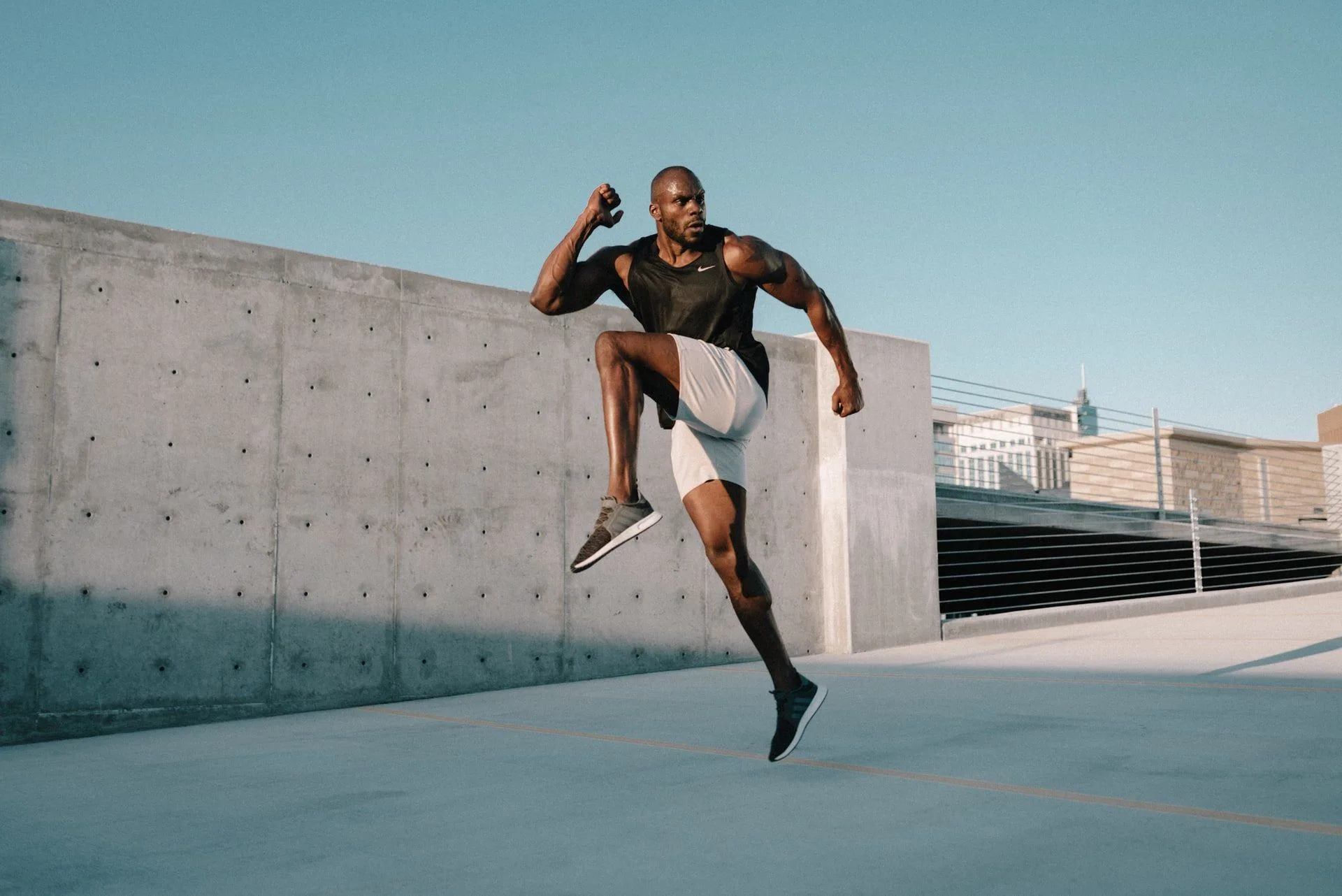A stronger immune system is the best defense against COVID-19. This can be achieved by different methods, most importantly by getting vaccinated. A new study, however, has come out to say that regular exercise could also serve as an effective defense against COVID-19.
Exercise Can Prevent Death from COVID-19
Researchers from Discovery Vitality, in collaboration with Witwatersrand Sport and Health Research Group (WiSH), set out to find a correlation between physical exercise and COVID-19. The purpose of the study was to show how an active lifestyle can offer protection against adverse outcomes from COVID-19.
Witwatersrand’ Prof Jon Patricios, Discovery Vitality wellness clinician Deepak Patel and a team of Discovery actuaries led by Lizelle Steenkamp led the study. The team examined the physical activity data linked to 65 000 Vitality and Discovery Health members infected with COVID-19. The researchers then matched the experiences of those infected with the virus against their levels of exercise in the two years prior to the March 2020 hard lockdown in South Africa.
“We set out to determine if healthy behaviours associated with the Vitality programme, in particular physical activity, can reduce the risk of severe COVID-19 outcomes as measured by hospitalisation, admission to ICU, ventilation and death.” – Dr Mosima Mabunda, Head of Wellness at Vitality South Africa
In regards to the physical activity engagement data, this was split into three categories:

Photo by Alexandra Tran on Unsplash
- high engagers (150 minutes or more of moderate-intensity physical activity per week)
- moderate engagers (60 to 149 minutes of moderate-intensity physical activity per week)
- low engagers (less than 60 minutes of moderate-intensity physical activity per week)
Exercise is a health boost against COVID-19
The results, which were published in the British Journal of Sports Medicine (BJSM), found that both moderate and high levels of physical activity were associated with a lower severity when contracting COVID-19.
“As suspected, the benefit of regular physical activity showed a decrease in the incidence of negative outcomes – severe illness and death – in confirmed COVID-19 cases.
When we think of the people behind these numbers, it translates into loved ones, colleagues and countless others saved in the world, by moving more,” Dr Mosima Mabunda, Head of Wellness at Vitality South Africa
The study found that those who had the highest levels of physical activity before the pandemic experienced:
- 34% lower risk of hospital admission
- 41% lower risk of ICU admission
- 45% lower risk of requiring ventilation
- 42% lower risk of death from COVID-19

Photo by Monstera from Pexels
Additionally, patients who only engaged in moderate physical activity also experienced their own benefits. According to the findings, compared to the low-activity group, these patients had a
- 13% lower risk of hospital admission
- 20% lower risk of ICU admission
- 27% lower risk of ventilation
- 21% lower risk of death
Exercising for your health and longevity
If you’re looking to strengthen your immune system, getting more exercise is a great way to start.
This is because physical activity can increase blood flow. This helps clear out bacteria from the lungs and airways, which then reduces the risk of you contracting a cold. Exercise can also cause changes in white blood cells, which can make them more equipped to detect illnesses.
Lastly, exercise can help reduce both inflammation and stress levels, both of which can weaken the immune system when elevated.
“Regular exercise has a known positive impact on both the public healthcare system as well as the individual and should therefore be encouraged at all times. In fact, this should be facilitated in both healthy people and those with co-morbidities – although this proved challenging in the current pandemic,” says Dinesh Govender, CEO of Vitality SA.
“We are likely to see future waves and pandemics in our lifetime. Now, we can take lessons learned during this pandemic to find innovative approaches to allow citizens to safely engage in physical activity, while still taking public health measures to secure the health and wellbeing of those around us,” he says.



![women [longevity live]](https://longevitylive.com/wp-content/uploads/2020/01/photo-of-women-walking-down-the-street-1116984-100x100.jpg)










